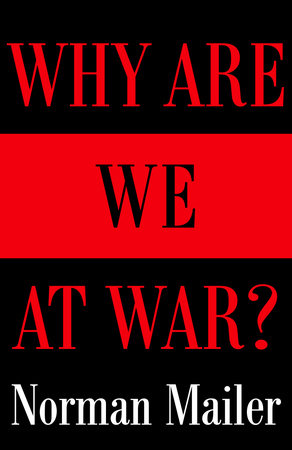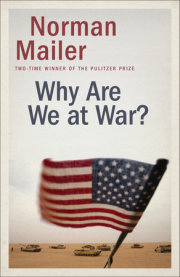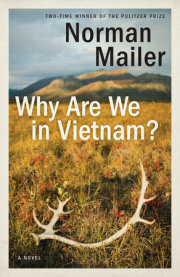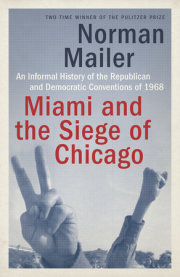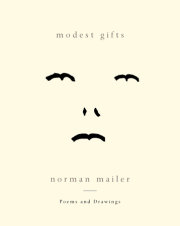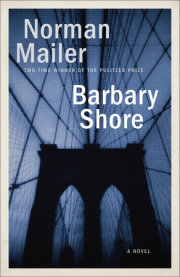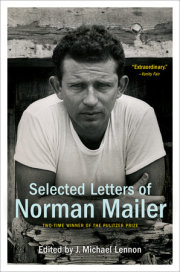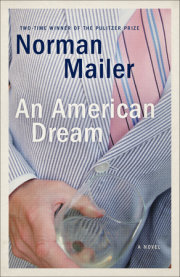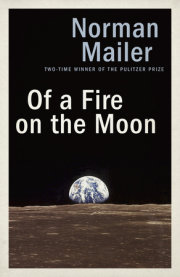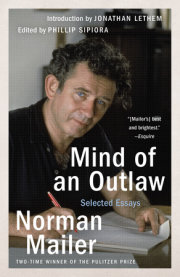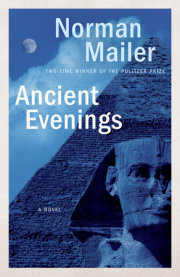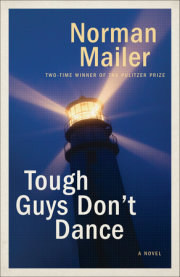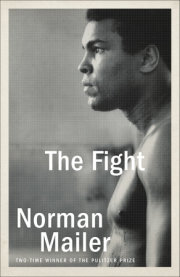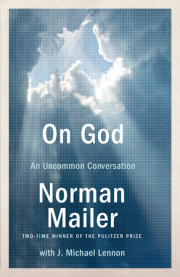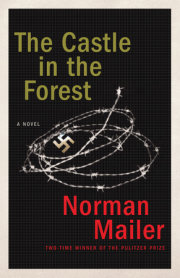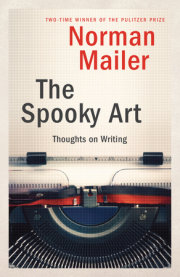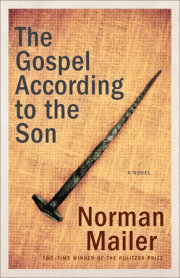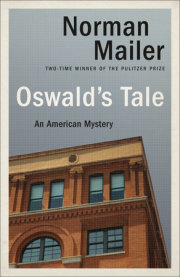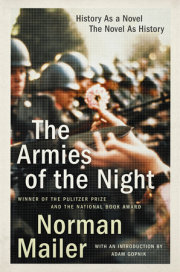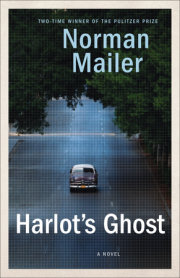1dotson rader: I was at home in my apartment on East Eighty-fifth Street in Manhattan when the first of the Twin Towers was hit by one of the planes. But at the time I didn’t know it had happened. Later that morning I tried to make a phone call, and my phone was dead. So I got dressed and went outside. I live four blocks from Gracie Mansion, the official residence of the mayor. None of the pay phones on the street worked. People were wandering oddly about, sort of dazed, as if kind of lost. It was very strange. I started walking downtown—it was a bright, almost hot day in New York. I was supposed to have lunch with a friend on Fifty-seventh Street, and I was walking down Third Avenue to meet him at the restaurant. When I reached Sixty-fourth Street, I noticed this huge, bubbling cloud in the sky above Manhattan south of me. The rest of the sky was blue and clear. I didn’t know what it was. And then, looking down Third Avenue, six or seven blocks away, as far as I could see, I suddenly noticed a vast throng of people, a flood of humanity, like a slow wave rolling north up the avenue. Many of them were men in white shirts. They were the office workers from Wall Street, fleeing the disaster. This quiet mass of people, tens of thousands, was walking up the island like a funeral procession and turning at Fifty-seventh Street and then moving as one toward the 59th Street Bridge to cross over out of the island. And I thought, “Jesus! Is this Christ’s Second Coming?” Because they were in white, covered in dust, and they looked stunned, and they were speaking in whispers, like kids in church. I thought it was the Rapture and Jesus was calling his saints home, and that I was being left behind. That was my initial feeling.
norman mailer: Wouldn’t that be it? Jesus had come and everybody has gone to meet him by crossing the bridge from Manhattan to Queens. That does capture my pessimism concerning cosmic matters. [laughter]
dotson rader: Okay. Where were you on September 11? How did you learn about the terrorist attacks, and what was your initial reaction?
norman mailer: I was in my house up here in Provincetown. I remember a phone call telling me to turn on the TV. While I was watching I called my youngest daughter, Maggie. I have an apartment in Brooklyn Heights, and she was staying there with a friend. You can see lower Manhattan and the Twin Towers from that apartment. Our windows look across the East River. So Maggie had witnessed the first attack and was terribly affected by it. Then, while we were on the phone, the second plane hit the other building. I’m still watching on TV. In Brooklyn, Maggie and her friend are both seeing it through the window as well as viewing it on TV. That was a considerable shock. Why? Because the one thing TV always promises us is that, deep down, what we see on television is not real. It’s why there’s always that subtle numbness to TV. The most astonishing events, even terrifying events, nonetheless have a touch of nonexistence when seen on the tube. They don’t terrify us. We see something that’s hideous, but we’re not shocked proportionally. It’s why we can watch anything on TV.
Now, there are exceptions. The shooting of Lee Harvey Oswald by Jack Ruby was one; the second plane striking the second Tower; the collapse of the Towers. TV at that moment was no longer a coat of insulation between us and the horrific. When broken, the impact is enormous.
dotson rader: What struck me, what I’ll never forget, is the silence. Everyone was just silent. Or if they spoke, they whispered. It was like everyone was at a funeral. And this went on for hours and hours. Occasionally, the silence was broken by an ambulance or police siren. And what I’d never seen in New York before—military jets started flying over the island, because they started closing Manhattan down. The military started showing up in the streets. I thought, What in God’s name is happening?
Copyright © 2003 by Norman Mailer. All rights reserved. No part of this excerpt may be reproduced or reprinted without permission in writing from the publisher.

